Shortly after losing San Diego’s mayoral election, Carl DeMaio jumped right back into fundraising and promotion. This time, it seemed, the sky was the limit.
“There is no cap or limit on the amount that can be donated,” said an invitation to a wine tasting reception Jan. 29 for DeMaio’s long-time political advocacy group, Reform San Diego. “Contributions can be personal or corporate.”
Over the next three months, DeMaio hosted fundraisers, conducted polls and talked about his plans for fixing San Diego. He also raised his profile nationally as a scholar at the Reason Foundation, a think tank in Los Angeles that promotes libertarian public policies, such as free markets and fewer regulations, and by writing an op-ed in the Wall Street Journal and appearing on ReasonTV.
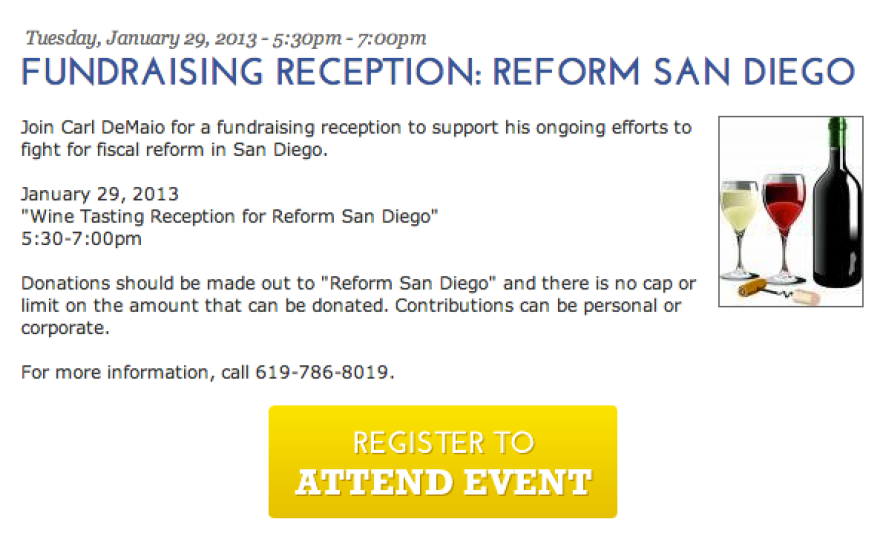
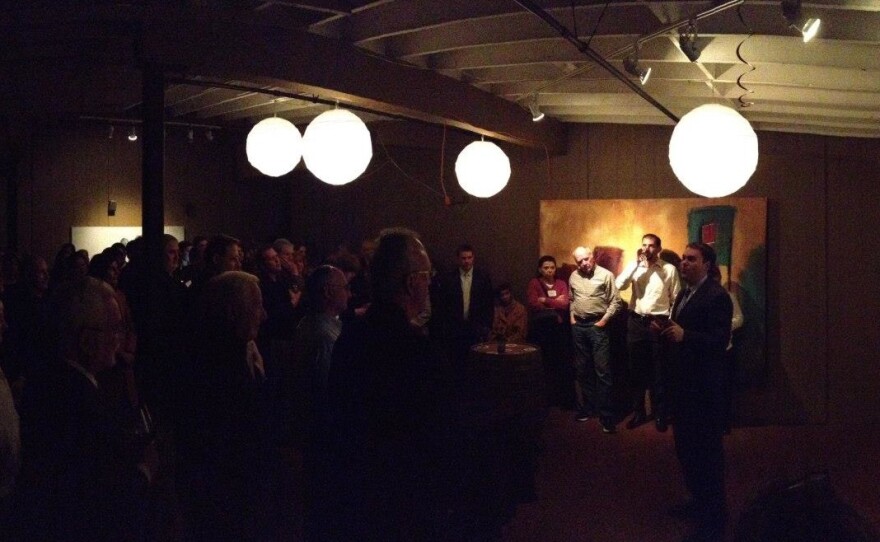
All of this ended in May when he registered as a congressional candidate. He plans to challenge freshman Democratic Congressman Scott Peters, who just defeated Republican Brian Bilbray in a hard fought race in the 52nd district, which runs up the coast from Coronado to Rancho Bernardo.
Although federal election laws are notoriously complex, they clearly prohibit raising unlimited funds or money from corporations during a campaign or using it for “testing the waters.” And election law experts said DeMaio’s political group isn’t allowed to directly advocate for his campaign.
DeMaio insisted in an email that he is following the law, taking specific actions to comply. Reform San Diego and his run for congress are separate, he said.
Election law experts, however, said DeMaio is walking a blurry line. They said his coalition seemed to be laying the local groundwork for the congressional bid—a trend around the country—and he might have found a “great new loophole” in the law.
“Carl is Never Going Away”
On a warm January evening, about 100 supporters gathered at Fifty Seven Degrees, a wine bar near the San Diego airport. After writing a check, sipping wine and mingling, they gathered on an outdoor patio as San Diego City Councilwoman Lorie Zapf introduced DeMaio as “the future something,” because, she said, “Carl is never going away.”
DeMaio rallied the audience, calling them “the loyal opposition.” Tell your friends, he said, that they don’t have to "live in socialism.”
"Our role is to be ready when San Diegans turn to us to pick up the pieces and lead,” DeMaio said. “And that day, my friends, will come."
In interviews during the past few months, DeMaio has declined to say who belongs to his coalition.
Reform San Diego is a “grassroots 527 Super-PAC campaign organization,” as DeMaio has described it. He launched the group in 2004 with the help of money from Doug Manchester, a developer who now owns U-T San Diego. Since then, the group has promoted ballot measures to create the “strong mayor” form of government, open city services up to private bidders, ban labor agreements on city contracts and convert most new city hires to 401(k)-style pensions.
inewsource and KPBS found one member of his coalition is the high-profile Americans for Prosperity, an outside spending group of billionaire conservative brothers Charles and David Koch that spent about $36.3 million in the 2012 federal elections.
In April, David Spady, state director for the California chapter of Americans for Prosperity (AFP), told inewsource his group was working with DeMaio’s 527 and his project at Reason to promote local and state pension reform initiatives.
AFP was also a member of DeMaio’s coalition in 2010 when it released a “statement of unity” urging city officials to fight tax increases and reform pension costs, among other things. Spady said AFP has held press conferences, “pushed” videos out around the state, held town hall meetings and sent “large email blasts” to its members.
In April, Spady said AFP wasn’t “involved directly in any financial way” with DeMaio’s initiatives but that they had a more visible partnership in the works.
“We’re going to be doing a number of things in a public way,” Spady said.
At the Reform San Diego wine tasting fundraiser in January, most in the audience probably didn’t realize that less than two weeks earlier, the National Republican Congressional Committee had paid a Republican polling firm in Alexandria, Va. $9,000.
Between January and March, DeMaio’s group held at least two fundraisers, each time soliciting unlimited contributions from corporations and individuals. In April, The Tarrance Group reported polling results showing DeMaio leading Peters 49 percent to 39 percent.
On May 29, DeMaio postmarked a formal notice to the Federal Elections Commission of his intention to run for Congress in 2014. On the form, he provided the same P.O. Box to which he directs donations to his 527.
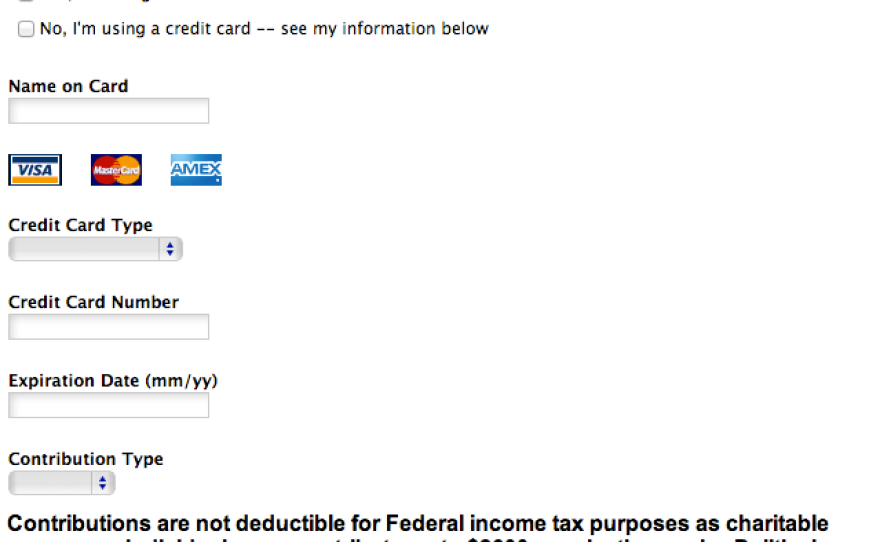
At some point between holding fundraisers and announcing candidacy, his 527’s website changed to say contributions are capped at “$2600 per person, per election” and “accepted from Political Action Committees in the amount of $5000 per election cycle.” “We do not accept corporate or business funds,” it now says.
These are the current limits for congressional candidates under federal election law.
DeMaio said his 527’s new contribution limits are designed to comply with a 2003 Federal Election Commission advisory opinion that said a congressman can chair a 527 and raise funds for it, but only if those contributions are under the amounts set for officeholders. Contributions to 527s can usually be unlimited.
The names of staff, including DeMaio, also were removed from the website, and on May 8, DeMaio filed an amendment with San Diego’s elections authorities removing his name from the official title of the group. He is still listed as its chair.
Reform San Diego and Carl DeMaio for Congress, his official campaign committee, also share a phone number. As of yesterday, it goes straight to a voicemail saying “You’ve reached the campaign office for Carl DeMaio.”
DeMaio said in an email he personally pays for the phone line and P.O. Box, and “AS OF April 15, THE COMMITTEE HAS HAD NO STAFF.”
Helping Hand
If DeMaio’s congressional campaign ends up benefiting from the unlimited contributions raised by his 527 before he announced his candidacy, he might have discovered “a great new loophole” as Jessica Levinson, an elections law professor at Loyola University, put it.
Raising unlimited money before deciding to run for office and then using that money to help get elected “does seem like a new and improved loophole that a lot of candidates will start exploring,” she said.
DeMaio said that isn’t his plan.
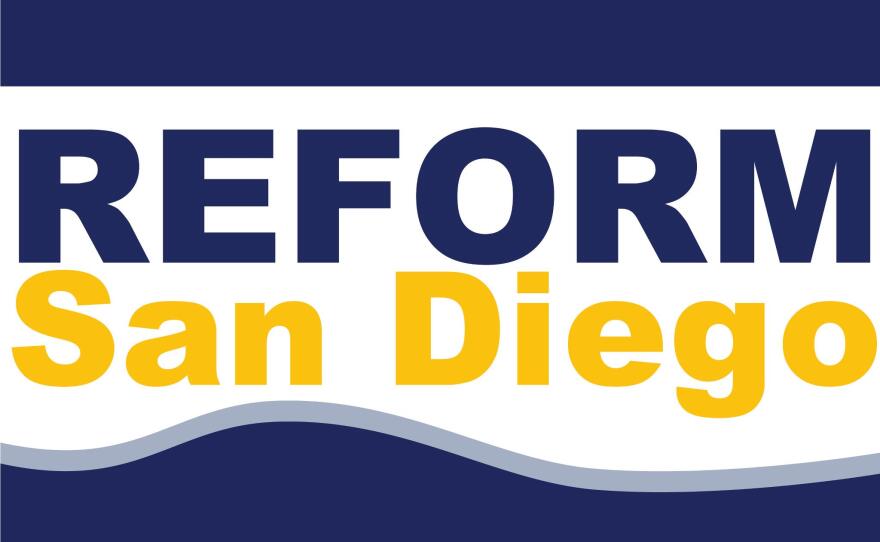
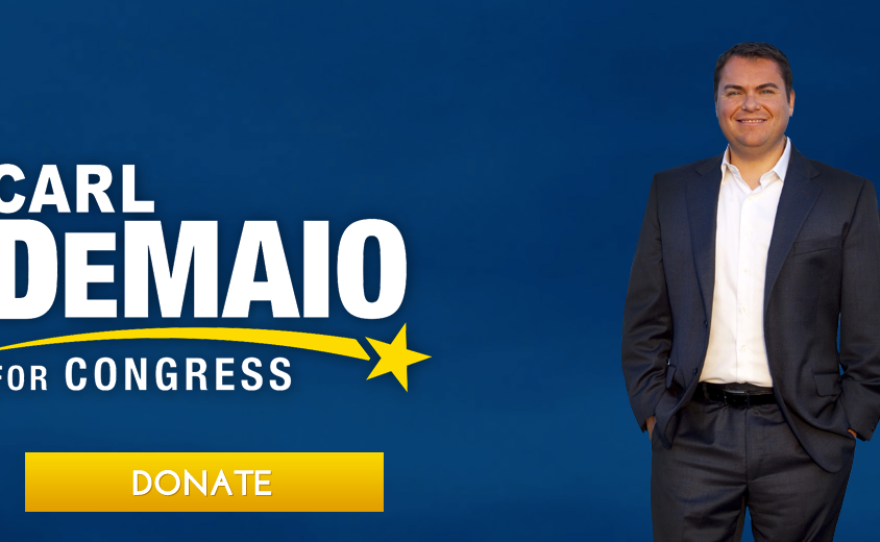
“No, we will not use any contributions from Reform San Diego for the Congressional campaign as they are two separate entities,” he wrote in an email. “As it has since 2004, Reform San Diego will remain a committee solely to support reform-oriented ballot measures and oppose tax increases.”
Sheila Krumholz, executive director of the Center for Responsive Politics, a nonprofit, nonpartisan group that tracks money in federal elections, observed that keeping the two separate might be a distinction without a difference.
As a nonprofit political committee, Reform San Diego isn’t allowed to directly advocate for DeMaio’s campaign, but that doesn’t mean it won’t help, Krumholz said.
"He can spend funds (from Reform San Diego) to travel, to campaign on behalf of other candidates, to fundraise for the committee... So it benefits his campaign indirectly, but in an important way,” she said.
“It puts him out on the campaign hustings and builds name recognition. It's something that will absolutely help hammer home the messages he's using to campaign on, and it will increase his name recognition and get him out in front of the voters."
Krumholz said wealthy groups such as Americans for Prosperity can help to shape dialogue at the local level first, so the infrastructure is there when primaries come around.
“The ground game is so important, and that was shown with AFP in the last cycle,” she said. “Things just don’t happen at the national level without laying the groundwork at the local level.”
A major player in the conservative, free market movement, Americans for Prosperity is a nonprofit organization referred to as a “dark money” group because it doesn’t have to disclose donors.
David Koch, who has made a fortune in the oil and chemical manufacturing industries, is co-founder of Americans for Prosperity. He is also a trustee of the Reason Foundation, where DeMaio directed a statewide reform project in the months leading to his congressional bid.
Adrian Moore, vice president of policy at Reason, said in an email the think tank terminated its contract with DeMaio the day he announced he would be running for Congress, but the California project will continue.
David Koch is one of the Reason Foundation’s top donors, as is at least one foundation his family controls. The think tank’s development director, Victoria Hughes, previously was a senior executive for two Koch donor groups.
Election law allows candidates to be involved in outside committees, but if they are coordinating with the candidate’s campaign, “then they don't get to have the benefit of unlimited contributions,” Levinson said.
While elections experts agreed that it appears DeMaio was testing the waters since January, they said it’s unlikely the FEC would take action against him.
Paul S. Ryan, senior counsel of the Campaign Legal Center, said there is a good chance DeMaio stayed on the right side of the law.
“What does 'testing the waters' mean?” he said. “A well-coached politician would say, ‘I’m not testing the waters, I’m just talking about things that matter to Americans.’”
A spokeswoman for Zapf said when she introduced DeMaio at the fundraiser as “the future something,” she had no idea of his intention to run for Congress and was just “being supportive of him in general.”
Krumholz said if Zapf had been mentioned running for Congress, it could be viewed as declaration of candidacy, meaning contribution limits would kick in.
“The next something—talk about choosing your words carefully,” Krumholz said. “Sounds like words a lawyer would love.”






